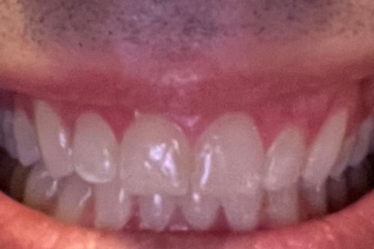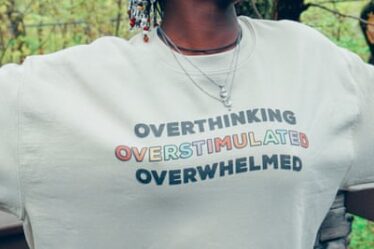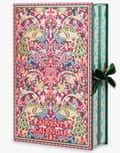
It started with small chocolates and quickly graduated to Lego, socks and gin miniatures but the once-humble Advent calendar has lurched upmarket with this year’s windows filled with skin-plumping creams, fine bone china trinkets, jewellery and rare whiskies.
When calendars were first popularised in the mid-1950s they cost two shillings (about £2.50 in today’s money). These days, the luxury takes of department stores and brands cost hundreds of pounds and instead of a picture of the nativity the big reveal is a luxury scented candle, gold necklace or much-hyped beauty serum.
This year’s blockbusters include a £570 Dior calendar that contains no less than nine perfumes, four candles and three lipsticks. Or it is possible to have a bling countdown with the jewellery brand Astrid & Miyu’s £995 effort disgorging a 14-carat gold necklace, a bracelet and several pairs of earrings.
The extravagant trend is hard to explain during a cost of living crisis but Marguerite Le Rolland, the head of footwear and apparel at the market researcher Euromonitor, explains lifestyle changes such as remote working have made consumers more inclined to buy home and lifestyle products, with luxury brands keen to cash in on the trend.
She said even though times are tough for many consumers, the UK is still one of the world’s largest luxury markets, with 2.5 million adults with wealth in excess of $1m (£820,000). This makes it an important market for purveyors of expensive calendars, “hence their omnipresence from Liberty to Harrods or Instagram at this time of the year”, she says.
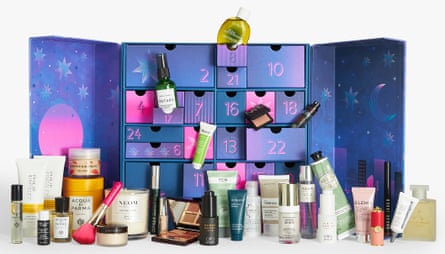
Wedgwood has produced a calendar filled with hand-painted trinkets that can be used as Christmas decorations, although at £860 it is not a cheap way to dress a tree. Spirits calendars are also popular, and at the top end, the online retailer Master of Malt offers a £10,000 one filled with drams of “very old and rare whisky”.
Although sales of the £10,000 calendar are “more modest” than its less expensive selections, Master of Malt’s Jess Williamson says calendars filled with miniatures continue to be popular because Britons now drink more at home. “We started treating ourselves to little luxuries throughout the pandemic, a mindset which has remained,” she says.
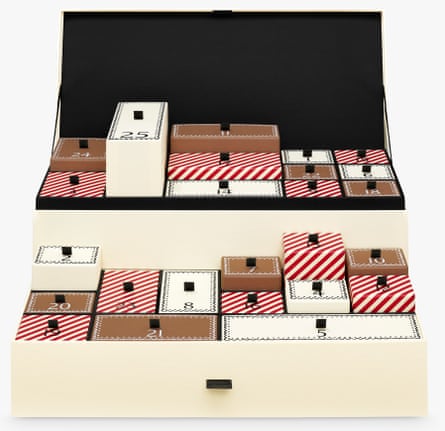
For cash-conscious Britons, part of the appeal of beauty calendars in particular is that they purport to offer big savings compared with buying products individually. The annual beauty calendar produced by the high-end department store Liberty has a cult following, and while it costs £250, the products inside are “worth” £1,043. John Lewis’s rival set promises more than £921 of luxury products for a snip at only £195.
With many women opting to spend their spare cash on skincare and makeup rather than fashion last Christmas, sales of prestige beauty calendars soared by more than 50% to almost £30m, according to analysts at the data company Circana.
“Often a luxury beauty Advent calendar will provide the consumer with significant value for money, offering multiple products, including many cult classics, combined with innovation,” Circana’s Emma Fishwick says. “They are providing the consumer with the opportunity to trial products that they might not have ordinarily purchased.”


